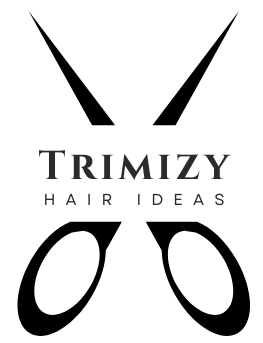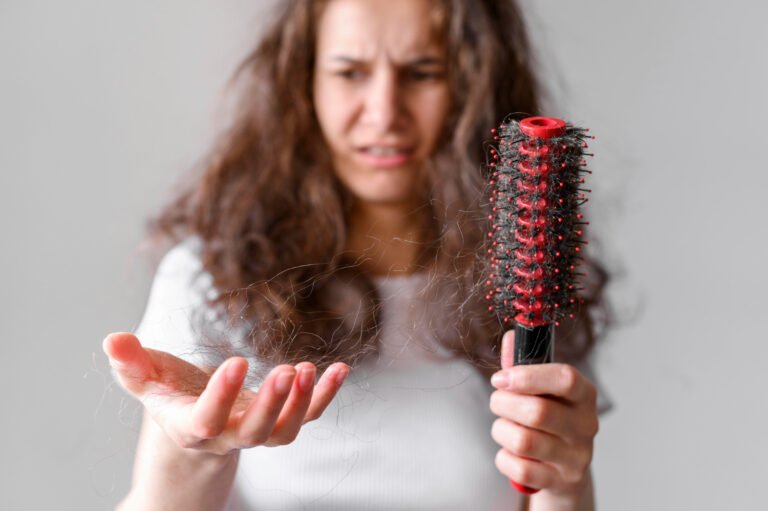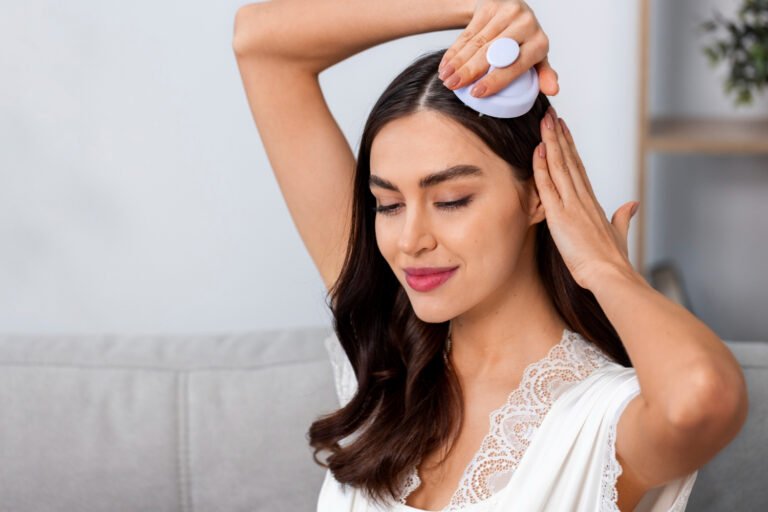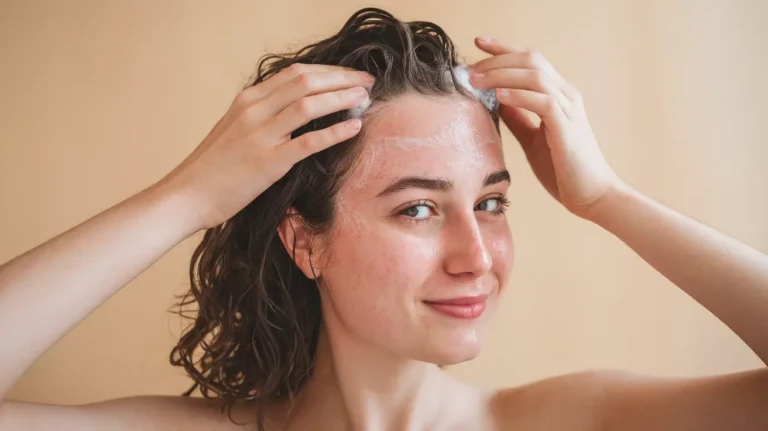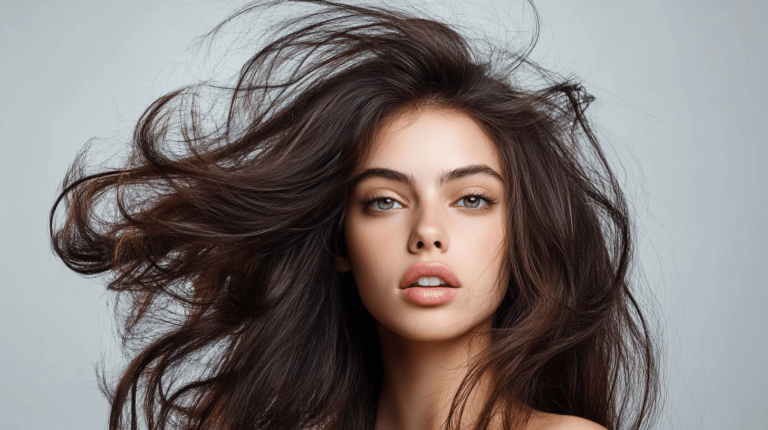How to Get Thicker Hair Naturally and Effectively
Every woman has dreamed, at least once, of having thick, lustrous hair that radiates health and volume. Hair is not just about aesthetics; it plays a significant role in confidence, self-expression, and how we communicate our personal style to the world.
For those with thin or thinning hair, finding ways to enhance hair density can often feel daunting.
The good news is that thicker hair is achievable with the right knowledge and techniques. From understanding the factors that influence hair texture to making simple diet and lifestyle changes, there’s a lot you can do to achieve your hair goals.
This guide will walk you through everything you need to know to get naturally thicker hair.
Understanding Hair Thickness
Before diving into solutions, it’s important to understand what “thicker hair” actually means.
1. Genetics Plays a Big Role
The thickness of your hair strands and the density of hair follicles on your scalp are often determined by genetics.
If you’ve always had fine hair, your aim shouldn’t be to drastically change its texture but to maximize its potential for healthy thickness.
2. Hair Texture vs. Density
Hair texture refers to the diameter of individual hair strands (fine, medium, or coarse), while density refers to how many hair strands you have per square inch of scalp.
You might have fine hair that appears thin because it’s less dense or medium-textured hair that looks thinner due to hair loss or lifestyle factors.
Diet for Thicker Hair
1. Nourish Your Hair with Essential Nutrients
What you put into your body plays a significant role in the health and thickness of your hair. To support growth and fullness, focus on these nutrients:
- Protein: Hair is primarily made of keratin, a protein. Include lean meats, fish, beans, and lentils in your diet.
- Omega-3 Fatty Acids: Found in fish like salmon and seeds like chia or flaxseeds, these fats promote scalp health and reduce inflammation.
- Vitamins (B, D, and E): Biotin (B7) supports keratin production, Vitamin D strengthens hair follicles, and Vitamin E improves scalp circulation.
2. Foods to Include
Certain foods are particularly beneficial for hair health:
- Eggs (rich in protein and biotin)
- Olive Oil (packed with healthy fats to restore shine)
- Nuts and Seeds (full of omega-3s and zinc for hair strength)
3. Consider Supplements
If you’re not getting enough nutrients from your diet, supplements can fill the gap. Talk to your doctor before starting biotin, zinc, or Omega-3 supplements to ensure they’re suitable for you.
Choose the Right Hair Care Products
1. Use Volumizing or Thickening Shampoos
Switch out your regular shampoo for a thickening or volumizing formula. Look for options infused with proteins or caffeine, as they plump individual strands while cleansing buildup. Avoid sulfates and heavy silicones that can weigh hair down.
2. Opt for Lightweight Conditioners
Choose lightweight conditioners that moisturize without leaving residue. Keep the application focused on the ends of your hair rather than the roots to maintain volume.
3. Scalp Treatments for Growth
Scalp health directly impacts how thick and strong your hair grows. Scalp exfoliants and treatments with ingredients like rosemary oil or salicylic acid can unclog pores, boost circulation, and stimulate growth.
Lifestyle Adjustments for Healthier Hair
Your daily habits can greatly influence your hair’s texture and fullness.
1. Massage Your Scalp
A simple five-minute scalp massage every day can work wonders. It stimulates blood flow to the hair follicles, which promotes growth. For an added boost, use oils like coconut or rosemary during the massage.
2. Limit Heat Styling
Overusing curling irons, straighteners, or blow dryers can weaken the hair shaft, leading to breakage. Stick to air drying whenever possible or use the cool setting on your blow dryer.
3. Wash Hair in the Morning
Washing your hair in the morning can give your strands natural volume that diminishes overnight while you sleep. Pair a morning wash with a volumizing mousse or spray for an extra lift.
4. Reduce Stress
Stress is closely linked to hair thinning through a condition called telogen effluvium. Incorporate stress-reducing practices like yoga, meditation, or mindful activities into your routine to protect your hair in the long run.
Professional Treatments
For those ready to invest in professional solutions, there are proven ways to thicken hair or create the illusion of more volume.
1. Try Minoxidil
Minoxidil, an over-the-counter topical solution, is clinically proven to encourage growth in thinning areas. It works by increasing blood circulation to the follicles.
2. Strategic Haircuts
Certain styles give the impression of thicker hair. For example, a blunt bob or shoulder-length cut eliminates thinning ends and creates fullness. Ask your stylist to avoid over-layering, which can make hair look stringy.
Experiment and Personalize
When it comes to achieving thicker hair, there’s no universal solution. Your best approach is to experiment with different techniques and products, keeping track of what works for your specific hair type and lifestyle.
Whether it’s enhancing your diet, using tailored hair care products, or switching up your daily routine, consistent care can have a lasting impact on your hair’s volume and health.
Start small, be patient, and celebrate progress along the way.
